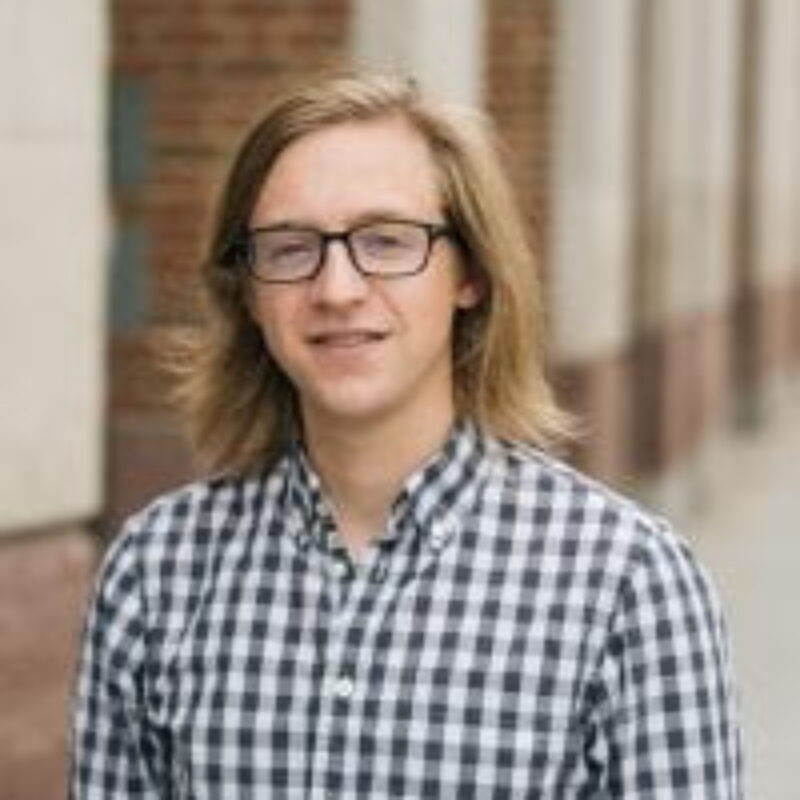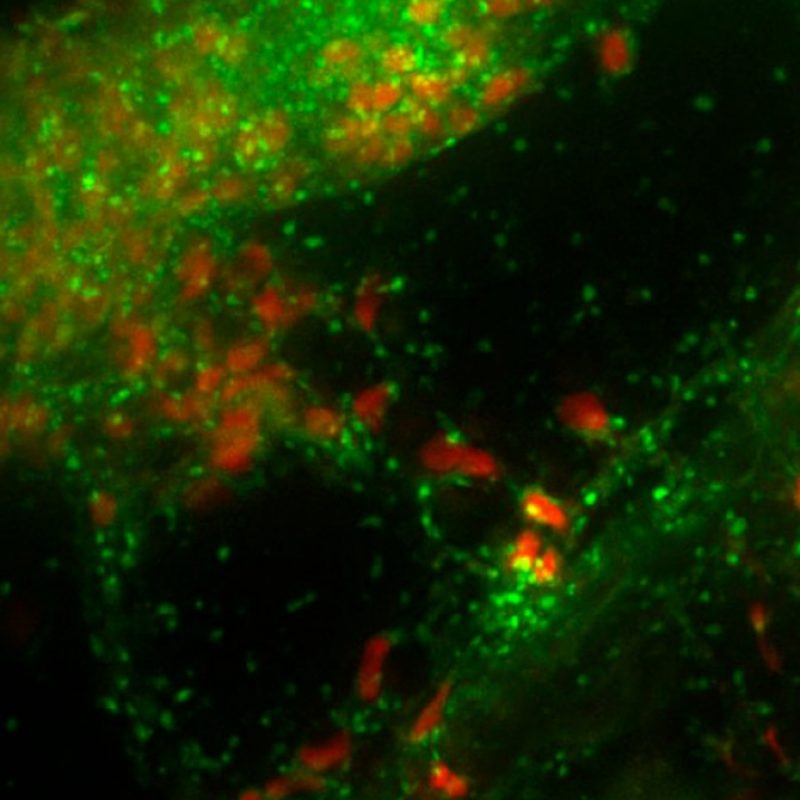Tag: Fungi
-

Bryan Swingle
Bryan is a Research Molecular Biologist in the Emerging Pests and Pathogens Research program at the Robert W. Holley Center for Agriculture & Health. View his USDA-ARS profile. -

Protected: CIHMID SPOTLIGHT: The Huberman Lab
There is no excerpt because this is a protected post.
-

Microbial Friends & Foes application portal opens Dec. 1!
More information about the program and a link to the application can be found HERE: https://cihmid.cornell.edu/…/mff-reu/ The application portal for the Microbial Friends & Foes Research Experience for Undergraduates will be open from Dec. 1 through Feb. 1, 2025. Please note that, due to the nature of our funding, the program can only accept U.S. […]
-

Melanie Filiatrault
We focus our research efforts on discovery and molecular characterization of bacterial factors involved in bacterial-plant interactions, with particular interests in bacterial signaling systems and small non-coding RNAs. Another area of research is the development of new management strategies for bacterial pathogens. We use a[...] -

Joshua Kerkaert
Josh’s interest in fungal biology started while earning a BS in Microbiology at the University of Minnesota where he did research on the human fungal pathogens Cryptococcus neoformans and Blastomyces dermatitidis in the Nielsen lab at the University of Minnesota. Josh went on to pursue a Ph.D. in[...] -

Lori Huberman Lab
The Huberman lab’s research focuses on how fungi sense and efficiently utilize nutrients in their environment. Fungi play an essential role in nutrient cycling, cause a vast spectrum of diseases in plants and mammals, and have a substantial role in the biotechnology and food industries. Central to all of these areas of ecological, health, and […]
-

CIHMID Summer Symposium
REGISTER HERE: https://forms.gle/Svk6ToJ9vrNK4iRV7 CIHMID is pleased to announce our annual Summer Research Symposium to be held on Thursday July 11, 2024. The Symposium will be held in Stocking Hall on the Ithaca campus and will a full day of research presentations from members of our community. A call for submitted abstracts will be released […]
-

CIHMID/CCFI Postdoc Travel Grants
The Cornell Center for Immunology (CCFI) and Cornell Institute of Host-Microbe Interactions and Disease (CIHMID) are pleased to offer support to postdoctoral researchers who plan to attend scientific conferences during the 2022-2023 calendar years. CCFI and CIHMID will provide host labs up to $500 (total) to cover conference costs (registration, travel) for any postdoctoral researcher in […]
-

CIHMID/CCFI Joint Symposium
REGISTER HERE: cornell.ca1.qualtrics.com/jfe/form CIHMID, and the Cornell Center For Immunology (CCFI) will present a joint research symposium, open to the Cornell community. And despite the uncertainty surrounding Covid, and the Omicron variant specifically, CIHMID and CCFI are confident our joint symposium will be safe, and accessible for all attendees. As of right now our plan is to […]
-

URE Program now accepting applications
Now accepting applications to CIHMID’s Undergraduate Research Experience (URE) Program for current Cornell undergrads. Find more info here. Applications are due Nov 8, 2024.
